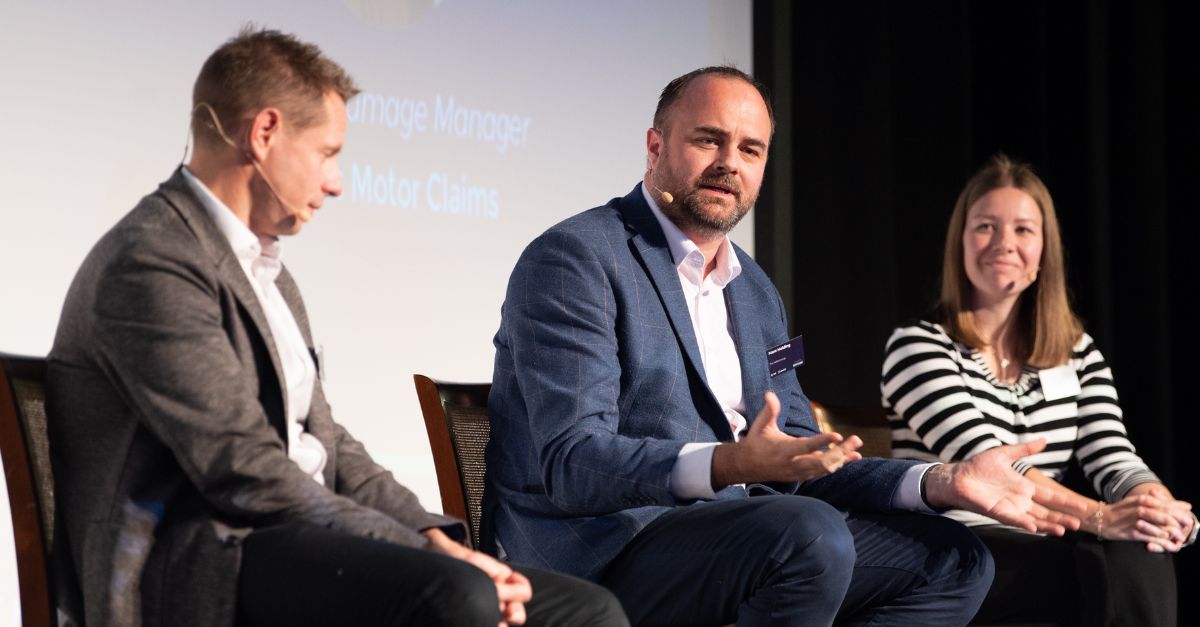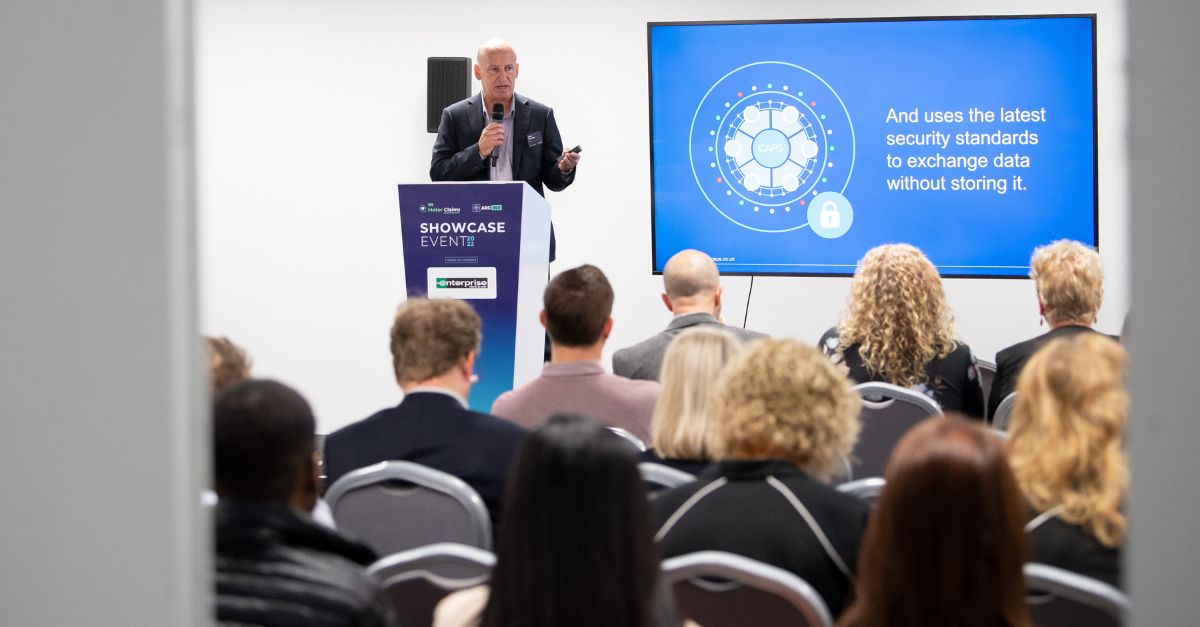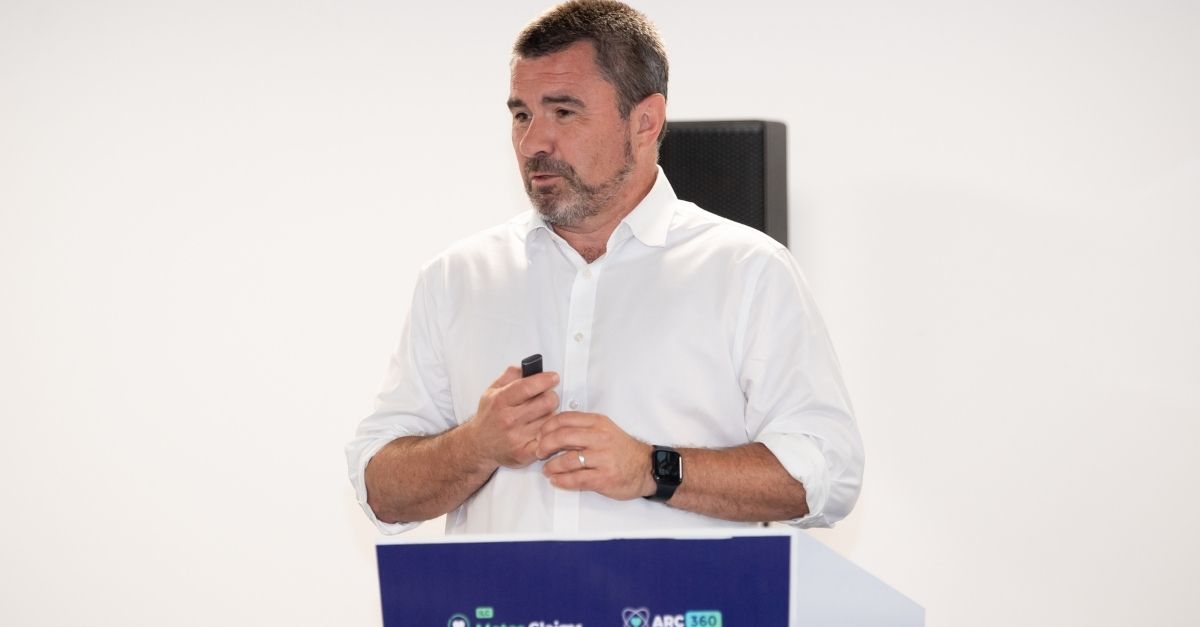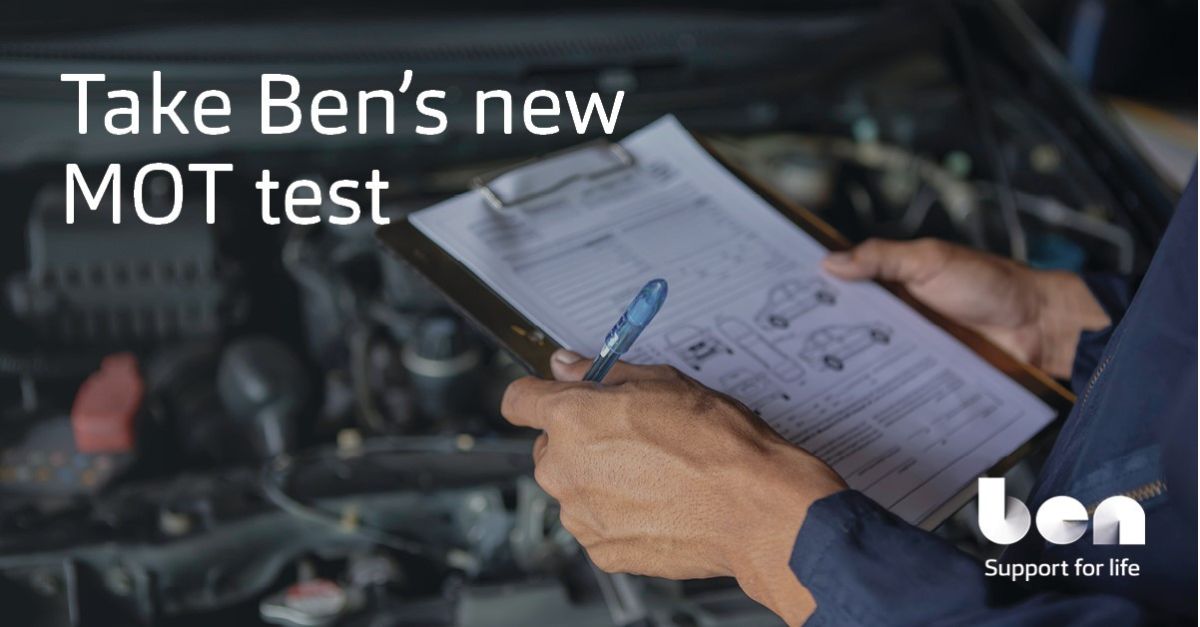A number of factors have taken the sector to a crossroads but, with so many different paths ahead, it appears more like a junction.
That was the verdict of a fascinating panel debate at the inaugural Motor Claims Showcase event which took place the CBS Arena, Coventry on 29 June.
Headline sponsored by Enterprise Rent-A-Car, along with fellow sponsors EDAM Group, Control Expert and Procurato, the groundbreaking event considered the challenges and opportunities within the sector, and best practice through the supply chain.
Taking part in the debate, titled ‘A sector at a crossroads’, were Nick Sweetman, Head of Vehicle Repair and Service Operations, UK & Ireland, Enterprise; Marc Holding, Managing Director, The Vella Group; and Rebecca Winterhalder, Vehicle Damage Manager, Ageas Motor Claims.
They considered the challenges now facing their businesses, what they are doing to overcome them, and what they think might be coming next.
Challenges
All three agreed that the post Covid-19 environment has thrown up at least as many challenges as those posed during the pandemic. On a broad level, inflation is putting every business under strain while, specific to this sector, parts supply and labour rates are two of the most pressing issues.
Marc said, “The last nine months have been my hardest in the sector. The parts supply chain has been an issue for a while. It ground everything to a halt when Covid-19 struck, and when volumes picked up again the fragility within supply really hit home.
“Labour shortages are also a real issue. Short-term thinking around apprentices before Covid-19 is really biting now and we’re seeing technician labour inflation of at least 20%.”
He said that these and other cost pressures are affecting every line of profit and loss and making processes more inefficient just when businesses need to be at their most efficient.
Claims inflation
Rebecca agreed, saying that claims inflation is putting an intense strain on all insurers and the challenge they face is controlling the controllables to minimise any impact on policyholders.
In that sense, she said that Ageas’ long-established strategy of building sustainable relationships with its repair network has stood it in good stead.
She said, “We went through a lot of effort to set up sustainable contracts with our repairers and once you have that foundation in place it’s easier to tackle challenges together. We have always focused on a strategy of repair over replace and the use of green parts. That has helped us absorb variation and meant the impact of the last few years has been reduced.”
Changes
However, the stresses placed on the wider market remains severe, and while this creates opportunities for improvement it is also putting extreme short-term pressures on some businesses.
Marc explained, “When you’re in a period of downturn, you’re under pressure to think short-term and put into practice things that will have an immediate impact. The need to think long-term has never been greater but some businesses haven’t got the balance sheet to do that and there is a degree of opportunism in the industry around rates and contracts.
“We have a five-year plan, but we’re taking each quarter as it comes so how we get there will be a bit meandering. That’s why you need to think long-term and we are actively choosing to work with suppliers and partners who also take that view.”
He continued, “I know the word ‘partnerships’ gets thrown around a lot. Sometimes that just comes down to account size or volume, but what it should mean is all striving for the same goal of reducing cost and friction from the processes, while adding value to the policyholder.”
In practice
At Enterprise there is a perfect example of that in practice. Nick revealed some of the measures taken to offset the current issues around new vehicles, such as introducing older models to its fleet and raising the damage threshold to repair more cars.
Further, he said that Enterprise has entered into agreement with Synetiq to give the salvage company first refusal on all its Cat B vehicles.
He said, “They have taken 98% of them so far, and have then stripped them and ring-fenced the parts for Enterprise. They hold them for 12 weeks and if we don’t use them in that time they are introduced to the wider industry. That’s just one example of how we’re working with our supply chain. It’s all about collaboration and cooperation because we think that together we can figure it out.”
Future
Looking ahead, he predicted 3D printing would eventually go a long way to addressing the parts supply issue, suggesting this is just one example of future technologies that will reshape the market.
Meanwhile, Marc and Rebecca both suggested that digitalisation is still an area where substantial cost and efficiency savings can be made.
Marc explained that within most bodyshops at least 50% of the workforce does not repair vehicles.
He said, “You pay a lot of money for a lot of administration, and digitalisation and automation can reduce that. At the moment our systems are lagging behind those used in other industries from a digital perspective and that curtails businesses from kicking on.”
Rebecca agreed with the need to invest in digitalisation, explaining how Ageas is pushing AI-enabled FNOL.
She said, “It’s not about introducing digitalisation for the sake of it but finding out where it works best in the claims journey and adds value by removing cost for both the insurer and the repairer. We’re focusing on areas where you can have double-wins.”
ILC would like to thank its motor Corporate Partners: AkzoNobel; Audatex; Autoglass; CAPS; Carpenters Group; Copart; Davies Group; e2e; Entegral; Enterprise Rent-A-Car; Gemini ARC; GT Motive; The Green Parts Specialists; IAA; Innovation Group; S&G Response; Sherwin Williams; and thingco.
ARC360 would like to thank its Corporate Partners: Audatex; BASF; BMS; CAPS; Copart; EMACS; Entegral; Enterprise Rent-A-Car; Innovation Group; Mirka; NWVA; S&G Response; and Sherwin Williams, as well as Partners asTech; The Green Parts Specialists; Indasa; and Prasco UK.






















